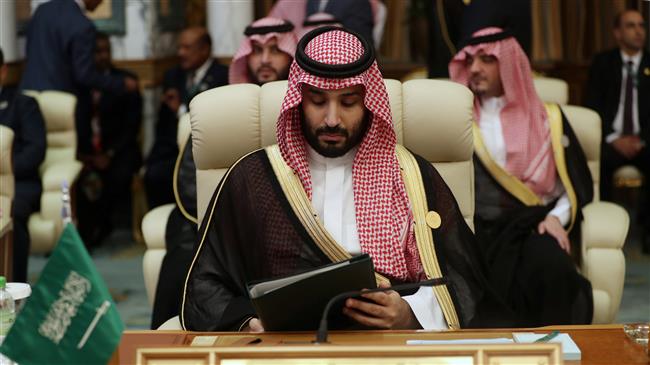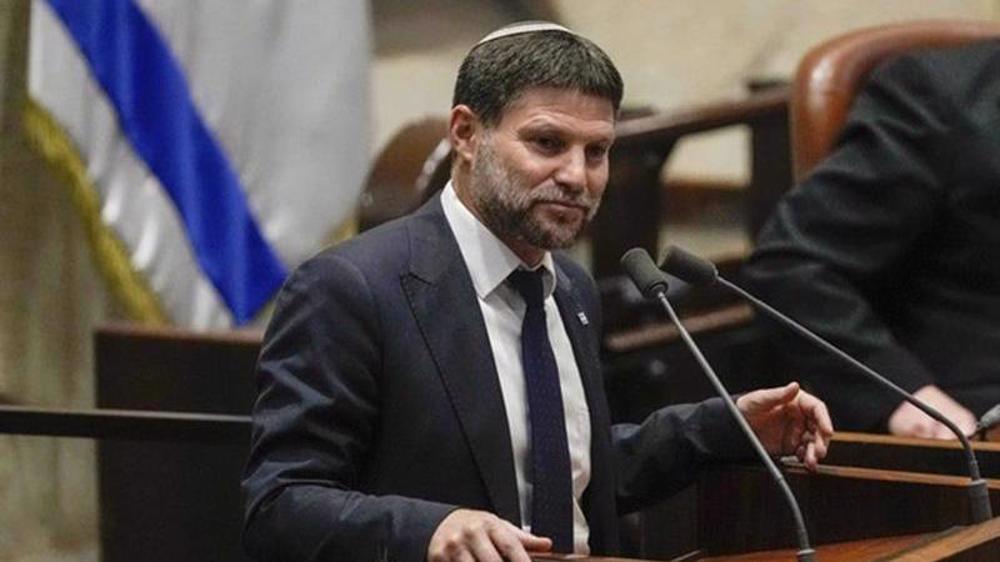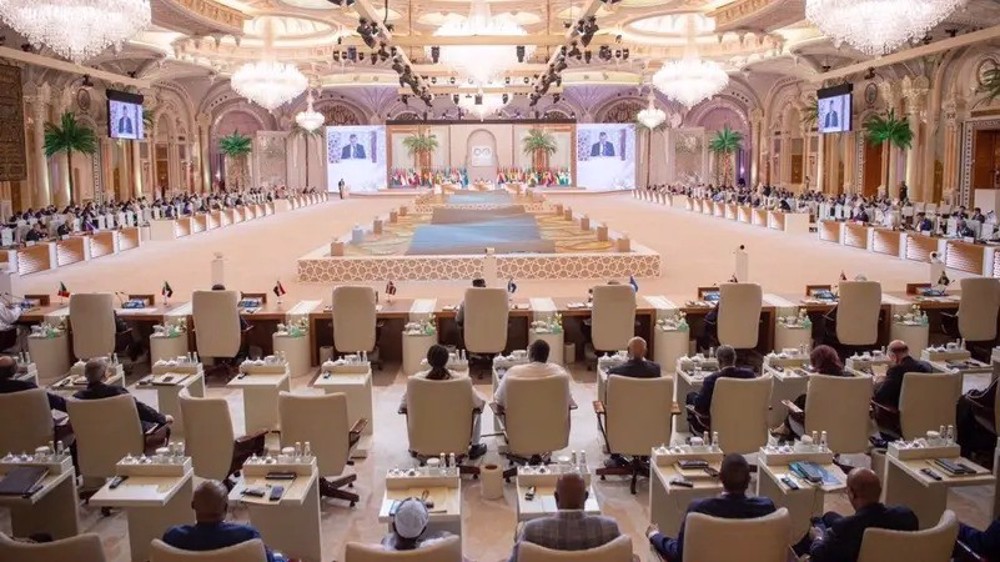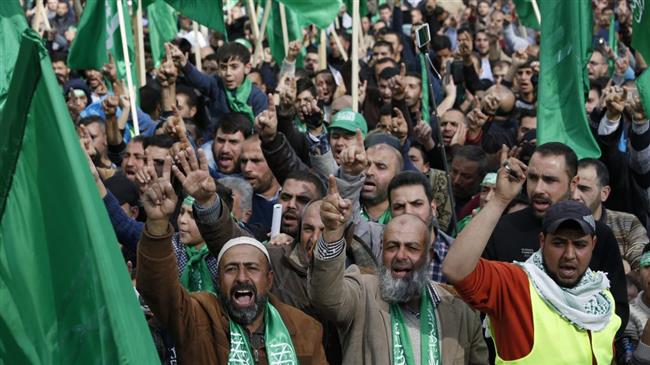Saudi Arabia going through most oppressive era in its history: Activist
A Saudi scholar and researcher says the conservative oil-rich kingdom has long experienced bouts of oppression against pro-democracy campaigners, Muslim preachers and intellectuals, but the brutal crackdown led by Crown Prince Mohammed bin Salman is unprecedented.
“We have seen this happen before, but not at this kind of scale,” Hala al-Dosari, who is also an activist at New York University's Center of Human Rights and Global Justice, told Qatar-based al-Jazeera television news network on Friday.
She added that the Saudi de facto ruler’s strategy is founded on increasing crackdowns in parallel with attempts to improve the country’s overseas image, which has been controversial due to its record on human rights.
“It's the most oppressive era we have witnessed,” Dosari pointed out.
She then praised travel bans against 16 Saudi nationals and their immediate families linked to bin Salman plus suspension of arms sales to Saudi Arabia and its coalition allies as a result of their atrocious actions in Yemen, arguing that these measures are a positive start, but not sufficient to deter further human rights violations.
Dosari hopes the international outrage over the scandalous October 2018 murder of prominent Washington Post journalist Jamal Khashoggi at the Saudi consulate in Turkey’s largest city of Istanbul, and atrocities in Yemen will result in more attention on Saudi Arabia's domestic affairs.
“I think that [the Khashoggi killing] was a moment of clarity for so many people. It set the record of what the nature of the regime is in Saudi Arabia, even for Saudis - not just the international community,” she said.
Moreover, Saudi feminist, blogger and political refugee Omaima al-Najjar says she has witnessed more self-censorship in recent months.
“I used to frequently read modest critiques of the government in some newspapers such as al-Watan, but now, you don't see that at all anymore," she said.
“There were discussions among ordinary people in public spaces about what happened with Khashoggi. But the conversation came to a complete standstill the moment Saudi admitted responsibility,” Najjar said.
Saudi Arabia has stepped up politically-motivated arrests, prosecution and conviction of peaceful dissident writers and human rights campaigners.
Saudi officials have also intensified crackdown in the country's Shia-populated Eastern Province.
Eastern Province has been the scene of peaceful demonstrations since February 2011. Protesters have been demanding reforms, freedom of expression, the release of political prisoners, and an end to economic and religious discrimination against the oil-rich region.
The protests have been met with a heavy-handed crackdown by the regime, with regime forces increasing security measures across the province.
Over the past years, Riyadh has also redefined its anti-terrorism laws to target activism.
VIDEO | IAEA adopts anti-Iran resolution tabled by E3
VIDEO | Iran's president urges Pope to help end Israel's onslaught in Gaza
Iran's senior legal official: ICC arrest warrants for Netanyahu ‘great victory'
Nov. 21: ‘Axis of Resistance’ operations against Israeli occupation
VIDEO | Israeli forces storm West Bank’s Jenin again, target civilians
Iran activates advanced centrifuges after IAEA's 'unjust' resolution
VIDEO | Press TV's news headlines
Iran FM: Response to Israeli aggression 'inevitable'




















 This makes it easy to access the Press TV website
This makes it easy to access the Press TV website